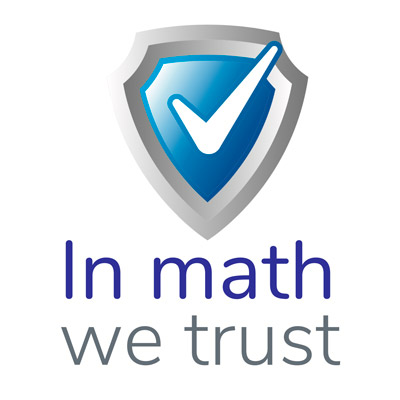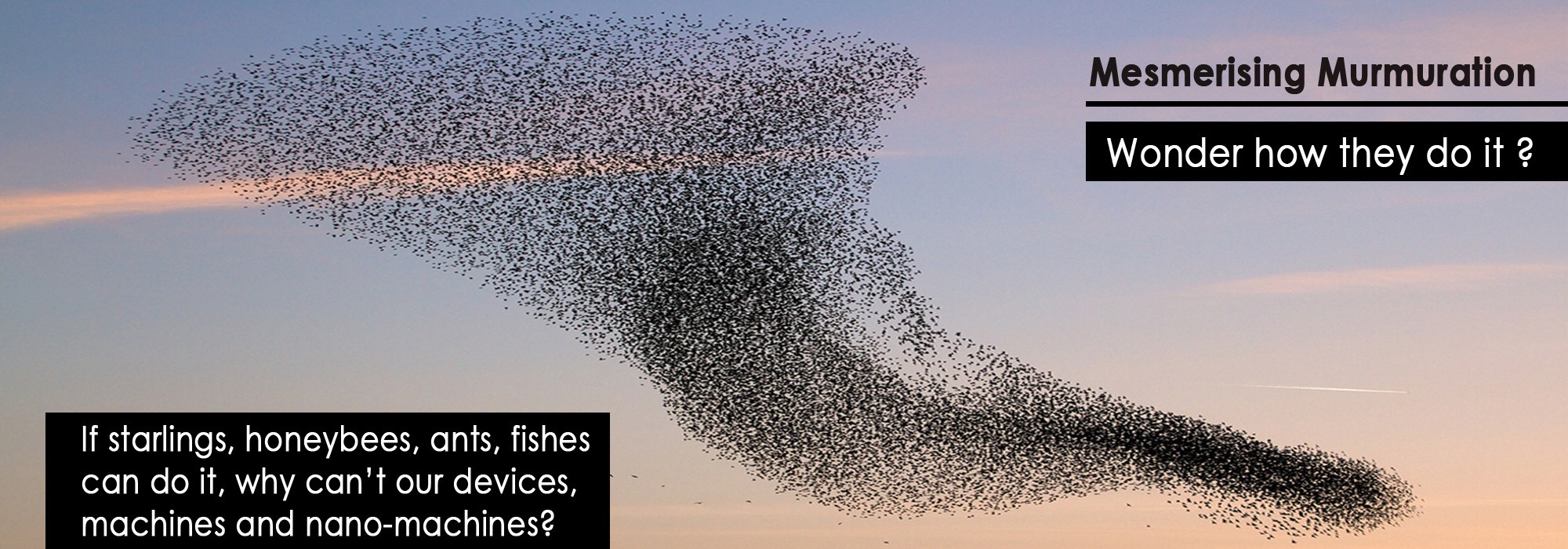We use language and law to collaborate; now is time for Mathematics and nature’s way
Christine Lagarde moderated a panel with two Central bankers (European Central Bank and CB of Kenya), an incumbent (JPMorgan) and a disruptor (crypto fintech company Circle). The topic was “Money and Payments in the Digital Age.”
CCN covered the panel discussion with a narrative of `In crypto we trust`. Coindesk covered it with a rhetorical question narrative of `In Math we Trust?`.
I had the privilege of attending the talk of Dr. Zhang on the topic “In Math we Trust” and moderating a session with him at the LCX Blockchain Series, in Vaduz, Liechtenstein. Dr. Zhang, was a renowned Chinese American scientist, a physics professor at Stanford and I remain inspired by his narrative. [1]
The powerful origin of the narrative `In Math we could Trust`
Let’s go back to the Greeks where thought leadership of all theoretical and foundational concepts started. Dr. Zhang spoke about Archimedes, his Eureka moment which permitted gold to become a medium of exchange. He spoke about the 2nd law of thermodynamics which states that the natural world is mostly in disorder and rarely in order (consensus state). In nature, order and consensus can only exist in subsystems. And when this happens it happens at a cost. In physics parlance, in order to reach order and consensus in nature, there needs to be some entropy (disorder) produced and dumped outside the subsystem for it to reach consensus.
Let’s tie this to the computing world. In distributed computing, the Fischer-Lynch-Patterson theorem is the analog of the 2nd law of thermodynamics, and proves that there is No deterministic algorithm that can be a master algorithm for the system to reach consensus. So, once again science like in nature, proves that to reach consensus we need to pay a cost. This is where the Proof of Work, an old cryptographic concept, comes into play.
One way we can reach a consensus regarding transactions is by using Proof of work. This is a way, to reach consensus on the Temporal Order of transactional data. The cost we pay is the amount of electricity we burn to solve the puzzle (which is on the other hand easily verifiable). Consensus on time-stamped verification of transactional data, can be reached through this process that dumps entropy (electricity in the case Bitcoin Blockchain) outside the system.

Our world historically has been oscillating between centralization and decentralization.
Looking back in history for more evidence: The circuit switch technology created the then seemingly indestructible monopoly of ATT. This monopoly was only destroyed form the decentralized TCP/IP protocol that gave birth to the internet and to the gradual adoption of VOIP. As the internet became the dominant technology, several other monopolies grew out of the content generated on it; e.g. Google and Facebook. And now, we are in the beginnings of what Paul Nunes coins as the next Big Bang Disruption. Blockchain is threatening the powerful giants built on the first open source protocol, the internet, with a wave of data decentralization.
The internet has evidently increased connectedness. However, its design is not a collaborative one. The world that is built on top of this open protocol, the internet, is not a world that is fairer and that builds trust. The “trading” or any exchange of information on the web, is not collaborative. The central entities, the Googles and Facebooks, are the ones that are organizing the information and the data on the web. The first, step in the process of decentralizing the web, is to break these data monopolies.
Blockchain is a decentralized mechanism in which trust is built-in with mathematical formulas. As Plato preached, mathematics is the ONLY internally consistent language. As Nick Szabo preached, in his God protocols, mathematics is the language of God. God in this context is the entity that acts in the interest of everybody.
Blockchain protocols are presenting us with an opportunity to build on protocols with built-in consensus mechanism governed by math. Mathematics governance guarantees fairness and trust.
Dr. Zhang argued in this speech that we humans have developed languages and law in our attempts to organize and collaborate in societies and reach consensus on various issues. He now believes that we are stepping into the most advanced era in which Mathematics will be trusted in order to reach consensus. Admittedly from all the sciences (social, political, physics etc.) mathematics is the branch of knowledge with the highest level of consensus and in which we trust.
Dr. Zhang emphasized that we live in a world that is based on theoretical mathematics that were developed with no real-world application in mind and are now being used in all sorts of experimentations as we are in the early stages of the blockchain development. From hash functions to more such `abstract first` math concepts.
- Public/private key based on elliptic curve
- Cryptographic hash function
- Zero-knowledge proof. Zk-snark and Zk-stark
- Secure multi-party computation, differential privacy
- Formal verification
- Homomorphic encryption
- Dag, directed acyclic graph: money grows on trees!
Source: from Dr. Zhang`s talk; see full video here.
The choice we have is to `Trust in Math` and the laws governing nature
Look at the 2nd law of thermodynamics, nature, and the lessons from the earlier tech disruption waves. Once we embrace the dynamic, digital, and unstable world we live in; we will realize that we have a great opportunity to embrace theoretical mathematics in designing governance and the Internet of value.
It will be a trustworthy design with inherent instabilities as in nature and as outlined in the 2nd law of thermodynamics. We have to move away from the belief that forced consensus mechanisms like regulations can provide stability. We have to become like nature.
`Swarming of bird flocks, murmuration of starlings, ant colonies, animal herding, fish schooling, bee hiving, so on and so forth. Thousands of them moving in perfect harmony, as if each one knew exactly what to do to produce the collective spectacle that they were so skilled of enacting in nature.` excerpt from A Marriage Made In Heaven: AI & DLT

[1] I delayed this post because of the unfortunate and sudden passing away of Dr. Zhang late last year.



